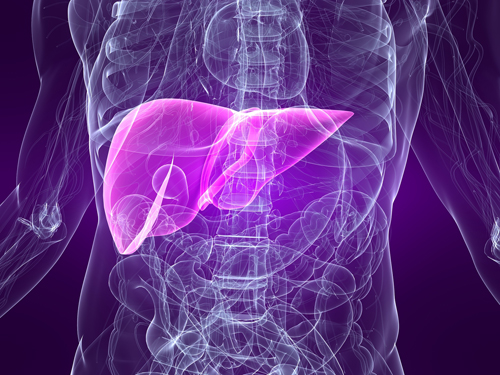Boehringer Ingelheim will apply Ochre Bio’s discovery platform to develop novel, first-in-class regenerative treatments for late-stage metabolic dysfunction-associated steatohepatitis (MASH) cirrhosis and other chronic liver diseases (CLDs), through a collaboration that could generate more than $1 billion for the British developer of RNA-based liver treatments.
By using Ochre Bio’s combination computational and multi-omic platform, Boehringer aims to identify, characterize, and validate multiple novel regenerative targets for treatments that can prevent or reverse disease progression by enhancing the liver’s self-repair capabilities.
Ochre Bio says its platform combines machine learning with human big data, including advanced imaging and deep genomic phenotyping, as well as in-house RNA chemistry, and the ability to employ proprietary ex-vivo human-organ perfusion models. Boehringer plans to use Ochre Bio’s capabilities toward treatments for people living with interconnected cardiovascular, renal and metabolic diseases (CRM) including MASH cirrhosis.
“Ochre Bio brings to the table unique and exciting capabilities in liver disease research,” Søren Tullin, PhD, senior VP and global head of cardiometabolic diseases research, Boehringer Ingelheim, said in a statement. “We believe their application of advanced genomics and machine learning coupled with human-centric translational models holds the potential to uncover novel regenerative pathways that will make a meaningful difference in the lives of those affected by chronic liver disease.”
The companies did not specify how many targets they plan to develop, or how many years they agreed to collaborate. Boehringer has agreed to pay Ochre Bio up to $35 million in upfront cash and near-term research-based milestone payments. Boehringer also agreed to pay Ochre Bio additional payments tied to achieving clinical, regulatory, and commercial milestones, plus tiered royalties.
The collaboration with Ochre Bio is Boehringer’s second billion-dollar-plus partnership announced this year focused on liver disease.
In January, Boehringer joined Chinese-based Suzhou Ribo Life Science and its Swedish subsidiary Ribocure Pharmaceuticals to launch an up to $2 billion-plus collaboration to develop novel treatments for MASH. The partnership was intended to integrate Ribo’s experience in the discovery and clinical development of small interfering RNA (siRNA) therapeutics with Boehringer’s focus on treating cardiovascular, renal and metabolic diseases.
Headquartered in Oxford, U.K., with research labs in New York and Taipei, Ochre Bio was founded in 2019 and focuses on developing novel RNA therapies for under-treated CLDs. The company derives its name from one of the three stop codons in genetic code that were discovered by Sydney Brenner (1927-2019); the other two are amber and umber. Brenner was a co-winner of the 2022 Nobel Prize in Physiology or Medicine along with John E. Sulston and H. Robert Horvitz “for their discoveries concerning genetic regulation of organ development and programmed cell death.”
In 2022, Ochre Bio raised $30 million in Series A financing to fund the development of drug candidates based on its spatial genomics research in human livers. Last year, Ochre Bio was one of Five Spatial Genomics Up-and-Coming Firms highlighted by GEN.


